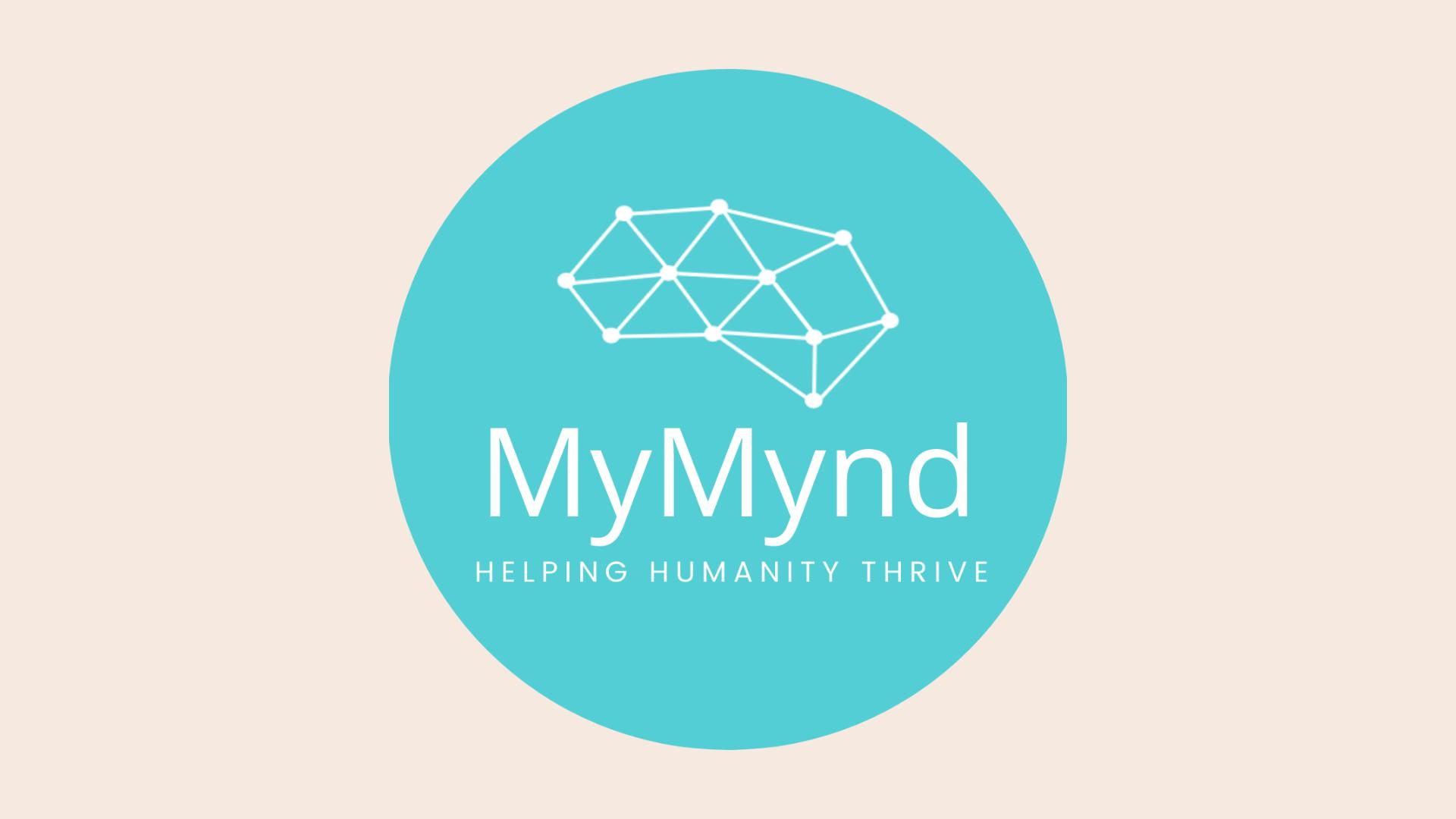What is Happiness?
Happiness can mean different things to different people but is often associated with feeling positive emotions. We can broadly describe Happiness as “a state of contentment and general satisfaction with life”. The word ‘state’ helps us to recognise that Happiness is not permanent, but rather something that changes over time.
Everyone has bad days, that is a normal part of human life. However, when the bad days begin to outweigh the good, this can impact many aspects of our lives including our physical and mental health.
This module will guide you through three steps that are important for improving your Happiness. It provides practical tools to help you fulfil each step and work towards feeling happier.
Why working on your Happiness is important
Aside from the fact that it feels good to be happy, being happy is also good for you. Happier people benefit from:
Improved health
The saying “happy people live longer” may actually be true. Studies have shown that happy people have a longer life expectancy and are less likely to develop chronic health conditions such as heart disease or stroke.
Better relationships
Happier people tend to be more social and have stronger relationships. They also tend to be more outgoing and agreeable than less happy people.
Increased productivity
Happier people tend to be more motivated, both at work and at home. Research has shown that employees who are happy at work find their jobs meaningful and fulfilling and are more productive than those who are not.
Increased ability to adapt
Happier people tend to handle stress and adversity better. This is not to say that being happy means you will never experience stress, but rather that you will be better equipped to cope with stress when you do encounter it.
How can you be happier?
Research suggests that Happiness is the product of two things:
1. Your interactions with the outside world
2. Your internal thoughts and attitudes towards life
Both of these things are shaped by your upbringing and by the knowledge you gain through life experiences. However, it is important to remember that you have the ability to change how you interact with yourself and the world around you in order to lead a happier life.
You can do this in three steps:
Step 1: Awareness
By paying attention to the things in your life that make you happy as well as the things that make you unhappy, you can begin to identify what you need to change.
Step 2: Changing perspective
By looking at situations or events from a different perspective you can start to change the way you think about them and apply strategies for how to handle them more positively in the future.
Step 3: Finding meaning and purpose
By setting goals for yourself and engaging in valuable activities, you will give your life meaning and increase your self-worth, turning the life you want into the life you have.
Tools to increase your Happiness
More resources
Try other areas within MyMynd that are closely related to Happiness.

